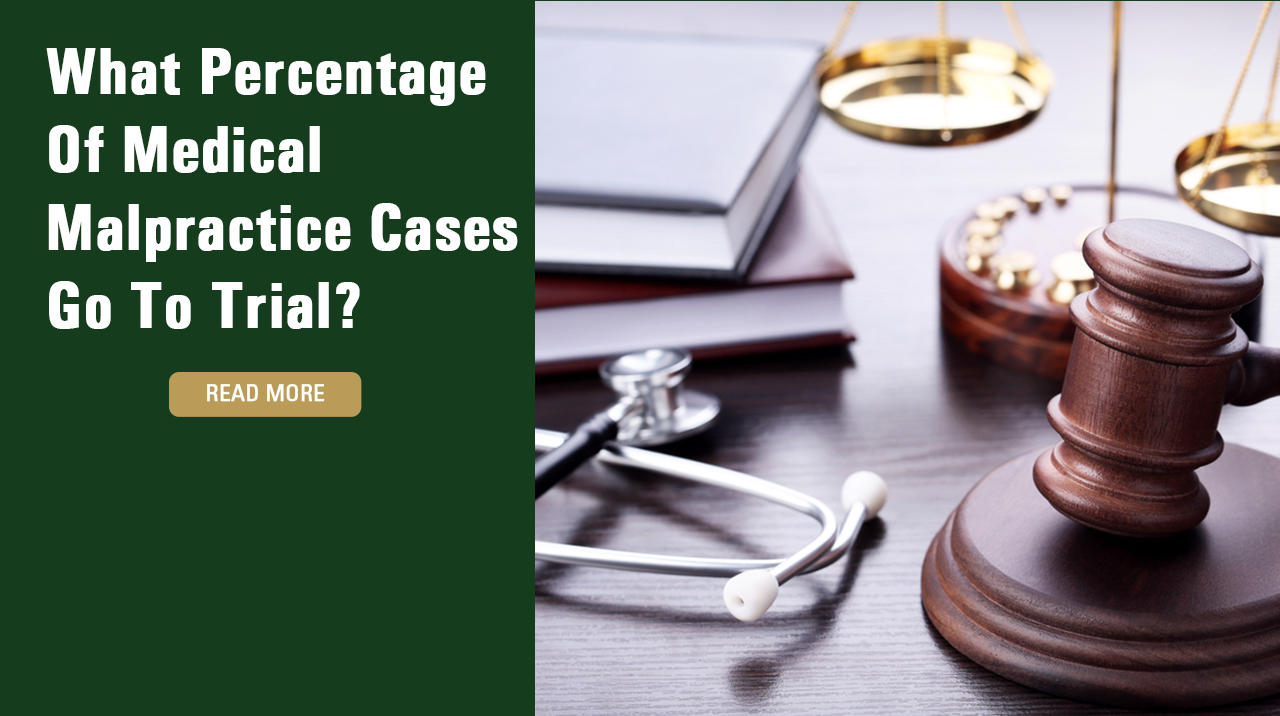What Types Of Cases Go To Crown Court Oct 5 2021 nbsp 0183 32 The Crown Court breaks down offences into three classes depending on the seriousness of the crime These classes are Class 1 This class covers the most serious offences such as treason and murder Class 2 This class includes offences such as rape Class 3 This class covers the least serious of Crown Court cases including kidnapping
Cases in the Crown Court are overseen by Circuit Judges or Recorders or sometimes for the most serious cases High Court Judges The Judge or Recorder sits with a jury of 12 members of the public The jury decides whether the defendant is guilty All cases start in the magistrates court and most trials take place there In magistrates courts decisions are made by either a panel of magistrates volunteer members of the public supported
What Types Of Cases Go To Crown Court

What Types Of Cases Go To Crown Court
https://lawstuffexplained.com/wp-content/uploads/2021/11/do-all-felony-cases-go-to-trial.png

Lauren Avery And Demi Douglas Due To Go To Crown Court After Drugs And
https://www.kentonline.co.uk/_media/img/4HWJ7YVK400S34YINLIO.jpg

Supreme Court Hints That It May Duck Two Big Cases The New York Times
https://static01.nyt.com/images/2023/03/07/multimedia/07dc-scotus-fmht/07dc-scotus-fmht-videoSixteenByNine3000.jpg
What kind of cases go to Crown Court A Crown Court deals with serious criminal cases for example murder rape robbery Why would a case be referred to Crown Court Cases where the defendant the person accused of the crime has asked to have his case tried by a jury The Crown Court carries out four principal types of activity Trials by jury of indictable offences Hearing appeals from magistrates courts Sentencing of defendants committed from magistrates courts Sentencing of those convicted in Crown Court The average time from receipt by the Crown Court to completion was 177 days by the start of 2016
All criminal cases will start in the Magistrates court but more serious criminal matters are sent to the Crown Court Appeals from the Crown Court will go to the Court of Appeal Criminal Division and potentially the UK Supreme Court Civil cases will usually start in the County Court Cases are usually heard by a Lord or Lady Justice and two High Court judges High Court judges can hear the most serious and sensitive cases in the Crown Court for example murder and some sit with Appeal Court judges in the Criminal Division of the Court of Appeal
More picture related to What Types Of Cases Go To Crown Court

Oleg Fastovsky Lawyer Oleg Fastovsky Attorney At Law LawTally
https://lawtally.com/wp-content/uploads/job-manager-uploads/main_image/2019/03/oleg-fastovsky-1.jpg
Taking Out The Trash May 2009
https://takingoutthetrash.typepad.co.uk/.a/6a00e553c7d8e28834011570aa48b4970b-800wi

Go To Crown Mines Follow Miners Camp Go To The Specified Location
https://i.ytimg.com/vi/sZeJWkJ1RaQ/maxresdefault.jpg
In most cases that will be the Crown Prosecution Service CPS There are three types of criminal court in the UK Magistrates courts Crown Court Youth courts Magistrates courts All criminal cases start in a magistrates court Cases are heard by either two or three magistrates a district judge There s no jury in a magistrates Some cases are heard in the Crown Court There are three situations where a case may be tried at the Crown Court Serious crimes Cases where the defendant the person accused of
Cases handled by a crown court include Indictable only offences These are serious criminal offences such as murder manslaughter rape and robbery Either way offences transferred from the magistrates court These offences could have been heard in a magistrates court but were found to be more suitable for the crown court Crown Court Case Types A Crown Court deals with the most serious criminal cases including Murder Rape Armed robbery Crown Courts also deal with Appeals made against a magistrates court sentence or conviction Cases passed from a magistrates to Crown Court for trial or sentencing Note You can use the online court finder to search

What Percentage Of Medical Malpractice Cases Go To Trial Raynes Lawn
http://rayneslaw.com/wp-content/uploads/2022/01/What-Percentage-Of-Medical-Malpractice-Cases-Go-To-Trial.png

What Types Of Cases Do District Attorneys Handle DA FAQs L Tron
https://www.l-tron.com/wp-content/uploads/2022/02/iStock-1300026355-states-attorney-vs-district-attorney.jpg
What Types Of Cases Go To Crown Court - {Jun 14 2022 nbsp 0183 32 What Is the Crown Court The Crown Court of England and Wales is unlike the magistrates courts as it is a single entity The Crown Court sits at 71 court centres across England and Wales Together with the High Court of Justice and the Court of Appeal from the Senior Courts in England and Wales |Dec 7 2023 nbsp 0183 32 Crown Courts in England handle the most serious criminal cases including all indictable offenses and either way offences deemed too severe for Magistrates Courts Understanding this categorization is crucial for defendants legal practitioners and the public offering clarity on the judicial pathways for different types of criminal offenses | Cases handled by a crown court include Indictable only offences These are serious criminal offences such as murder manslaughter rape and robbery Either way offences transferred from the magistrates court Appeals from the magistrates court Sentencing decisions transferred from the magistrates court | What kind of cases go to Crown Court A Crown Court deals with serious criminal cases for example murder rape robbery Why would a case be referred to Crown Court Cases where the defendant the person accused of the crime has asked to have his case tried by a jury | The Crown Court carries out four principal types of activity Trials by jury of indictable offences Hearing appeals from magistrates courts Sentencing of defendants committed from magistrates courts Sentencing of those convicted in Crown Court The average time from receipt by the Crown Court to completion was 177 days by the start of 2016 | All criminal cases will start in the Magistrates court but more serious criminal matters are sent to the Crown Court Appeals from the Crown Court will go to the Court of Appeal Criminal Division and potentially the UK Supreme Court Civil cases will usually start in the County Court | Cases are usually heard by a Lord or Lady Justice and two High Court judges High Court judges can hear the most serious and sensitive cases in the Crown Court for example murder and some sit with Appeal Court judges in the Criminal Division of the Court of Appeal }